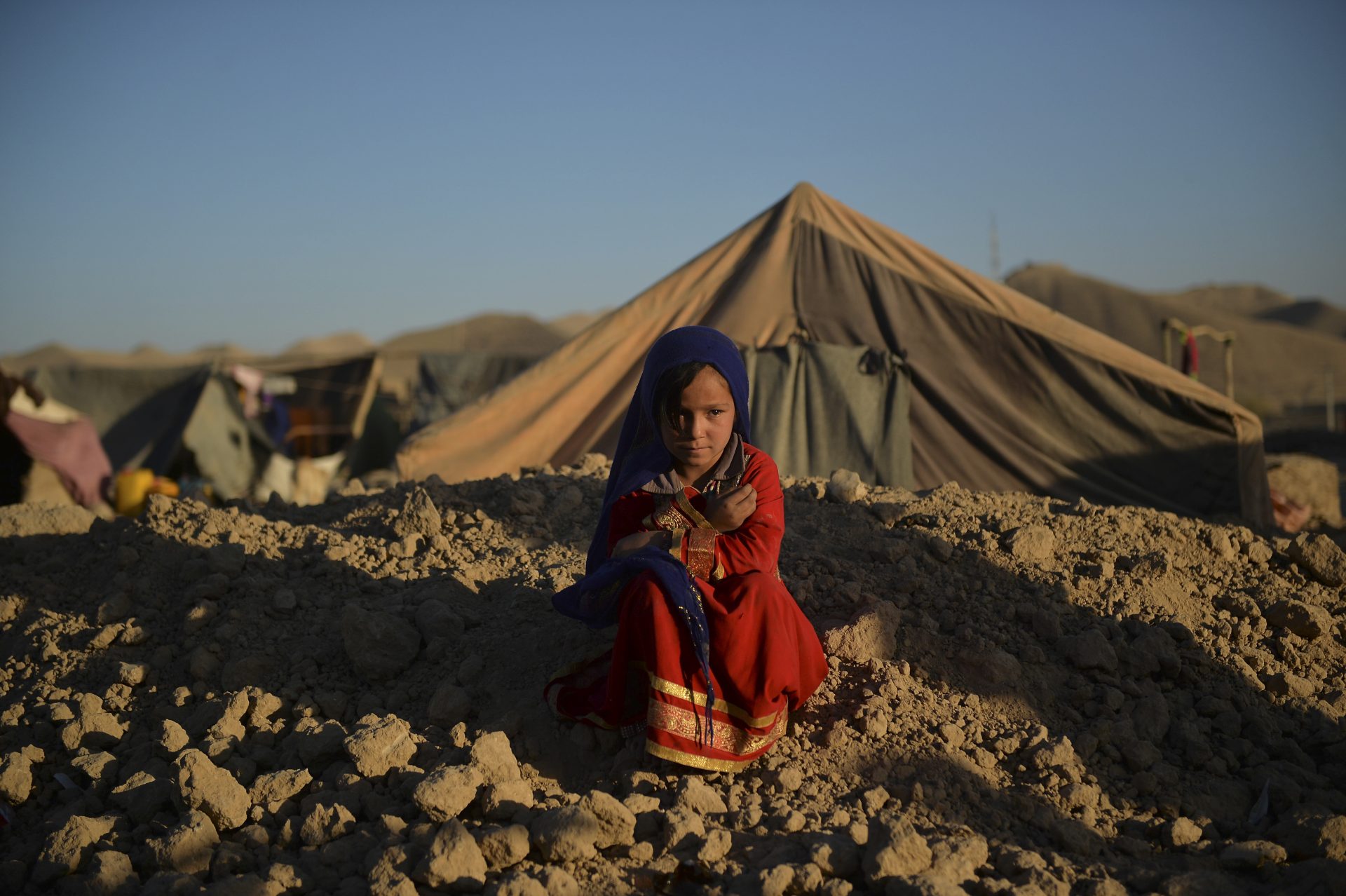The preference of having a son remains a pervasive form of gender inequality and discrimination in a number of countries in Asia, the Balkans and the Caucasus, as well as in Africa.
“Son preference and gender-biased sex selection are, first and foremost, an issue of gender inequality and a violation of human rights,” said Bjorn Andersson, regional director for the United Nations Population Fund (UNFPA) in Asia and the Pacific.
“We must address social norms that diminish the value of girls and women, and support national and community efforts which strive to address preference for sons and sex selection,” he said.
According to the State of World Population Report published by the United Nations Population Fund (UNFPA) in 2020, globally, more than 140 million females are considered “missing” due to preference of sons over daughters.
In an effort to foster concerted action to address son preference and gender-biased sex selection, UNFPA organized a policy dialogue with decision-makers, experts, and civil society representatives from eight countries, namely: Armenia, Azerbaijan, Bangladesh, China, Georgia, India, Nepal, and Vietnam.
The workshop, taking place in Hanoi, Vietnam, from October 4-6, also saw the participation of ambassadors and representatives from Australia, Canada, Norway and Sweden.
Anderson said it is “encouraging to see” many experts and government officials and civil society representatives coming together to share knowledge and learnings.
“The gathering also reinforces the importance of south-south collaboration in promoting gender equality and rights, and ending gender-based discrimination and harmful practices,” he said.
UNFPA maintained that gender-biased sex selection “has far-reaching harmful and negative impacts” on societies, including increased maternal deaths, sexual violence, imbalanced sex ratios, and human trafficking.
UNFPA’s response focuses on tackling gender inequality — the root cause of son preference — by working with partners at all levels, from policy makers to individuals and communities, to bring about behavior and policy change.
UNFPA has been at the forefront of efforts to end the practice of gender-biased sex selection in Asia since 1994, as part of its work to tackle gender-biased harmful practices, including child marriage, female genital mutilation and son preference, which are all interconnected and are manifestations of deep-rooted gender inequalities and discrimination.
With financial contributions from the European Union and Norway, UNFPA has supported the development and strengthening of evidence-based national strategies, policies and programs to address son preference and gender inequality across Asia and the Caucasus, including activities that foster South-South collaboration and shared learning across nations. (from a UNFPA press statement)







